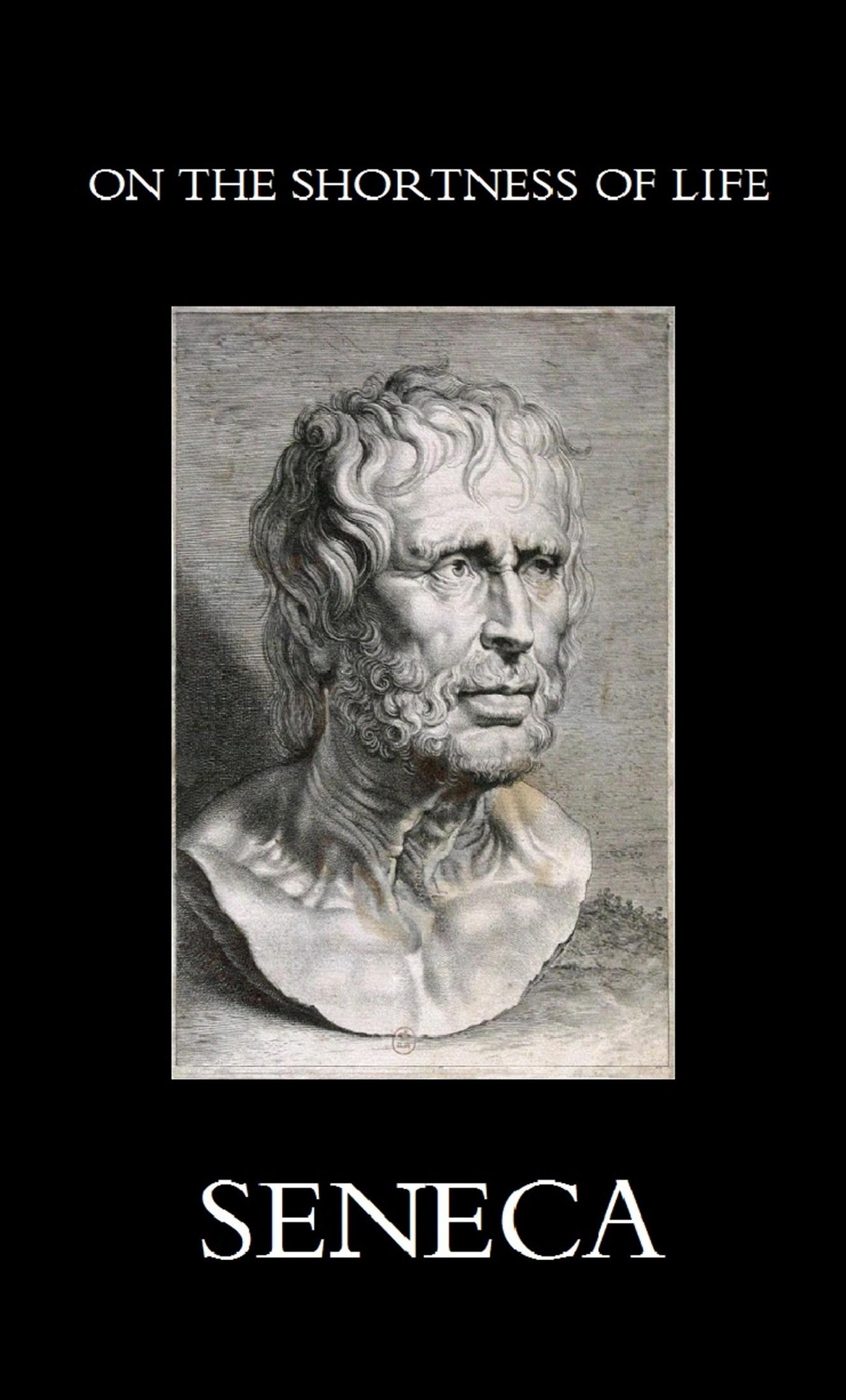On the Shortness of Life - De Brevitate Vitae (46 AD) by Lucius Annaeus Seneca
history philosophy seneca ideas life rome romans stoics stoicismLucius Annaeus Seneca
On the Shortness of Life: De Brevitate Vitae (46 AD)

Ageless wisdom about life and death by one of the greatest Roman philosophers.
See: Wikipedia: On The Shortness of Life which has some background and also alternative versions,
About Seneca
LUCIUS ANNAEUS SENECA, statesman, philosopher, advocate and man of letters, was born at Cordoba in Spain around 4 B.C. Despite his relatively undistinguished background and ever-recurrent ill health, he rose rapidly to prominence at Rome, pursuing the double career in the courts and political life for which he had been trained. He began also quickly to acquire celebrity as an author of tragedies and of polished essays, moral, literary and scientific. Sentenced to death by successive emperors (Caligula in A.D. 37 and Claudius in A.D. 41), he spent eight years in exile on the island of Corsica, allegedly for an affair with Caligula‟s sister. Recalled in A.D. 49, he was made praetor, and was appointed tutor to the boy who was to become, in A.D. 54, the emperor Nero. On Nero‟s succession Seneca acted for some eight years as an unofficial chief minister. The early part of this reign was remembered as a period of sound imperial government, for which, according to our sources, the main credit must be given to Seneca. His control over an increasingly cruel emperor declined as enemies turned Nero against him with representations that his popularity made him a danger, or with accusations of immorality or excessive wealth ill assorting with the noble Stoic principles he professed. Retiring from public life he devoted his last three years to philosophy and writing, particularly the Letters from a Stoic. In A.D. 65, following the discovery of a plot against the emperor, which might have resulted in Seneca‟s elevation to the throne, he and many others were compelled by Nero to commit suicide. His fame as an essayist and dramatist lasted until two or three centuries ago when, unaccountably, he passed into literary oblivion.
Downloads and Links
- Download On the Shortness of Life: De Brevitate Vitae (46 AD) by Lucius Annaeus Seneca - PDF (132 kB) - 12 pages.
- Web search for the book by ISBN:9781508820826
- Web search for the book by author and title
